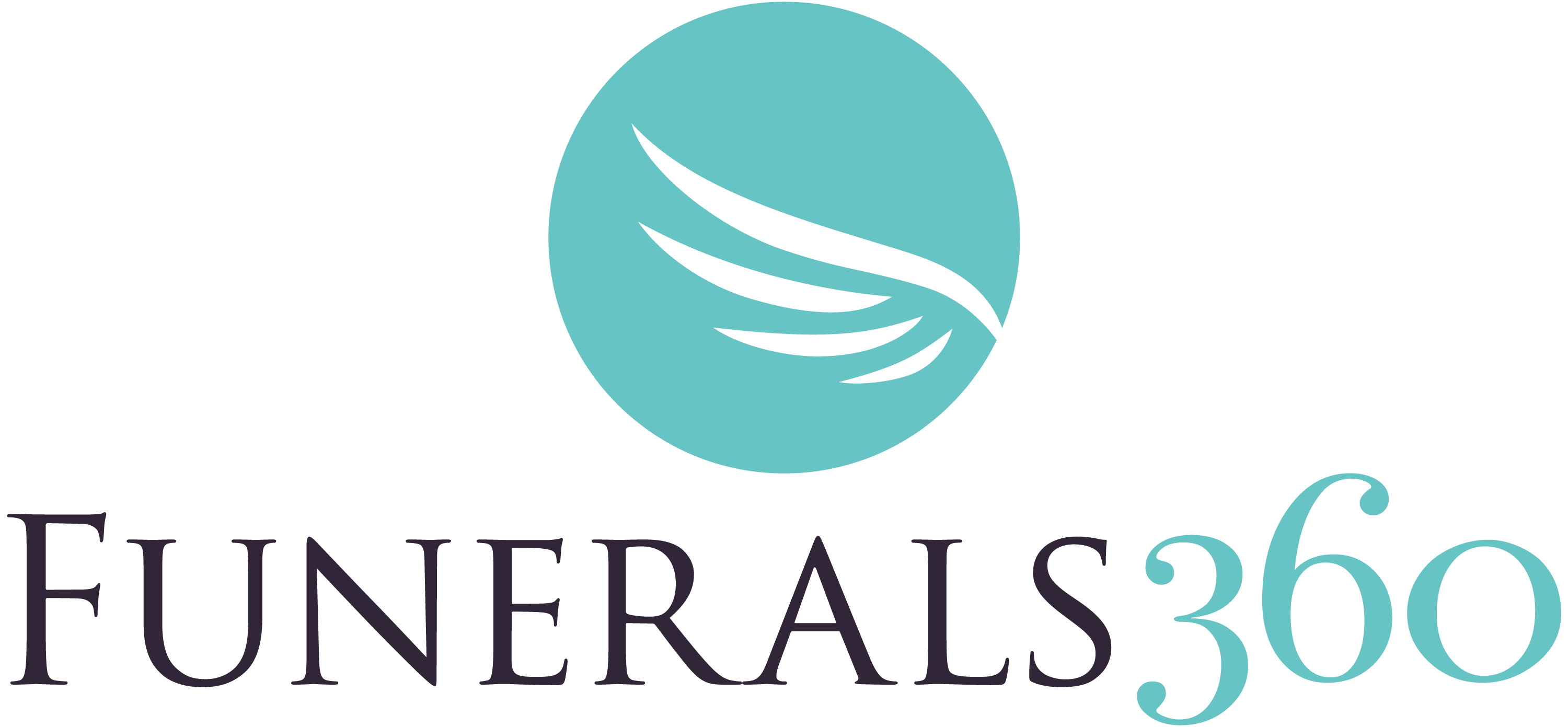Cremation is quickly becoming one of the most popular funeral options with a national average topping 50% of Americans choosing cremation over burial. It has grown in popularity so much it is now recognized by the vatican as an acceptable means of final disposition. And while the process of cremation is generally the same all throughout, there are still various options to choose from with cost, time and location to consider.
Cremation Options
Flame-based Cremation is a means of final body disposition that uses intense heat to break down the body into bone fragments which are often pulverized along with the other organic matter to an ash-like substance. Modern cremations take place in a cremation chamber commonly found in a crematorium, though some countries and religions may opt for flame and wood.
An alternative to flame-based cremation that is starting to appear in the USA is "Green Cremation" or alkaline hydrolsis. Green cremation uses a combination of a lye solution, heat, and pressure to rapidly breakdown the body to bone and inorganic matter, which is then pulvarized into an ash-like substance.
 Direct Cremation
Direct Cremation
Direct Cremation is the cremation of a body in the days immediately following a death. Direct Cremation, sometimes called "simple cremation" or immediate cremation, does not include the use of a funeral home or its staff to facilitate any viewing, visitation, funeral or memorial service at the funeral home or graveside. This makes it the most time and cost conscious option.
Click here for more information on Direct Cremation.
Cremation With Memorial Service
A cemation with Memorial Service is essentially a direct or immediate cremation followed by a memorial service. The memorial service could be schedule at the funeral home, or take place at a time and location of your choosing. This is slightly more expensive than a direct cremation, though how you choose to memorialize your loved one, can change that.
Cremation With Viewing and Memorial
A cremation with viewing and memorial take place in a church or funeral home and may require embalming the body. This is most expensive cremation option and closely resembles a "traditional" funeral but instead of going to the cemetery after the funeral service, the body is brought to the crematory for cremation (with or without the families witnessing).
Other Cremation Options
After a body is cremated, you are given their remains, which can be handled in a different number of ways. You could bury them in a family plot, inter them in a columbarium, entomb them in a crypt or mausoleum, scatter them in the wind, on the land or in the sea, bury them with a tree sapling, set into a piece of jewelry, turned into a diamond and more.
See also Top 5 Creative Ways to Spread Cremains
Cremation and Funeral Terms to Know
Casting
It means that you toss the cremated remains on the wind (cast downwards). Make sure you check the direction of the wind before following this method.
Columbarium
A room or building with niches for funeral urns to be stored.
Water scattering
You may disperse the cremated remains into a lake, sea or ocean directly or in a water-soluble cremation urn that floats for a few minutes and then slowly sinks or dissolves.
Aerial scattering
This method requires a professional to cast the ashes from a private plane at a specific location. You may have to pay an additional fee if you want to board the plane and witness the scattering. Otherwise, most professionals provide photos and certificates listing the date, time, and location of scattering.
Plot
A designated section of land, a plot is a space within a cemetery that can be purchased to secure rights of interment for a casket or urn.


 Direct Cremation
Direct Cremation


